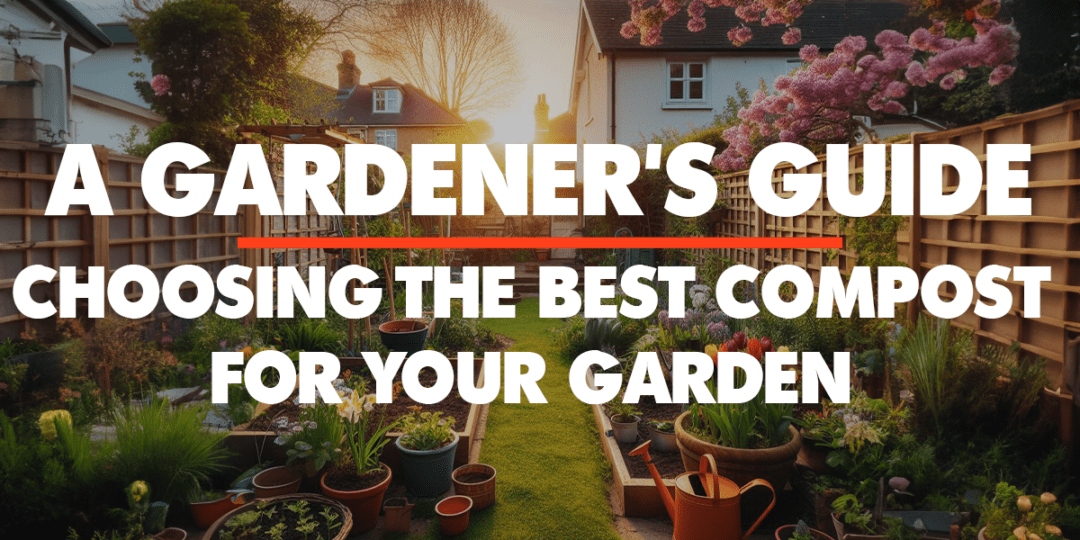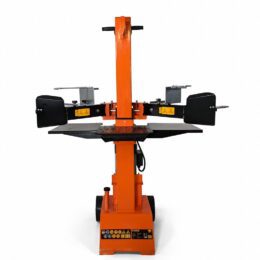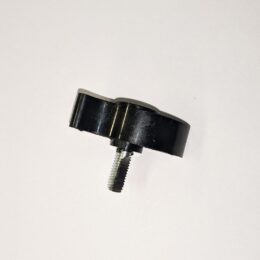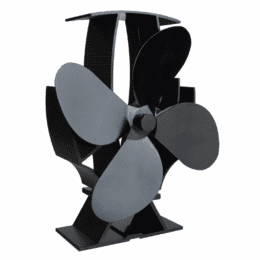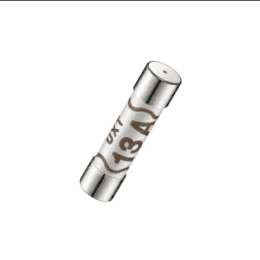Ultimo aggiornamento: 1 luglio 2025 da Forest-Master-Sales
Ora che possiamo uscire in giardino (evviva!) e dedicarci ai lavori che avremmo dovuto fare già da tempo, dare alle piante un po' di compost fresco sarà senza dubbio una delle priorità, ma non basta usare un tipo qualsiasi di compost.
Comprendere i diversi tipi di compost disponibili e come utilizzarli in modo efficace può apportare grandi benefici al vostro giardino. In questo blog esploreremo i vari tipi di compost, come creare un pacciame sano con un Forest Master FM4DDES-MUL e quali piante traggono i maggiori benefici dal compost.
Tipi di compost
Se sei alle prime armi con il giardinaggio, potresti pensare che acquistare il sacco di compost multiuso più economico sia la soluzione giusta. Ma sapevi che esistono diversi tipi tra cui scegliere e utilizzare?
- Compost di letame: ricco di sostanze nutritive, il compost di letame deriva da scarti animali quali letame bovino, equino o avicolo. È ricco di azoto ed è ottimo per arricchire la fertilità del suolo.
- Compost da cucina: ottenuto dagli scarti alimentari come bucce di frutta e verdura, gusci d'uovo e fondi di caffè, il compost da cucina è ideale per aggiungere sostanze organiche e micronutrienti al terreno.
- Terriccio di foglie: composto da foglie decomposte, il terriccio di foglie migliora la struttura del terreno e la ritenzione idrica. È particolarmente indicato per le piante che prediligono terreni acidi.
- Compost da rifiuti verdi: prodotto da rifiuti verdi da giardino come erba tagliata, erbacce e potature, questo compost è ricco di azoto ed è ottimo per aggiungere sostanze nutritive al terreno.
- Lombricompost: noto anche come vermicompost, il lombricompost è prodotto dai vermi che degradano la materia organica. È ricco di sostanze nutritive e migliora la struttura del suolo e l'attività microbica.
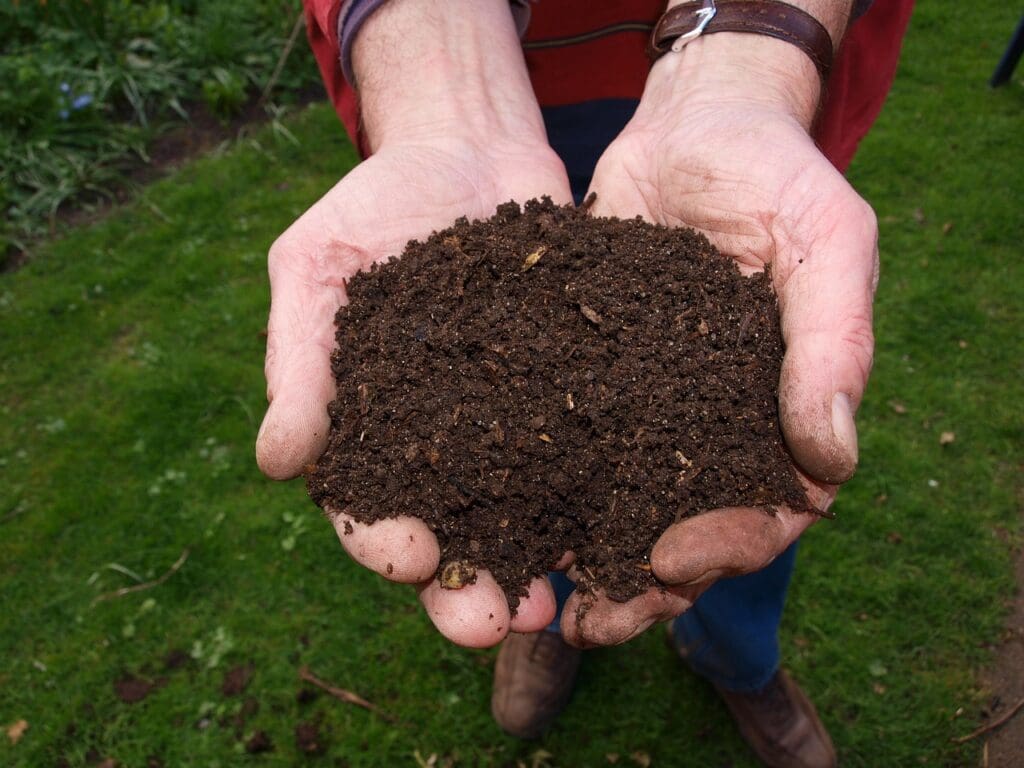
Creazione di pacciamatura sana con Forest Master FM4DDE-MUL:
Il Forest Master FM4DDES-MUL è un potente strumento per creare un pacciame sano dal vostro compost. Appositamente progettato per trasformare qualsiasi rifiuto da giardino (e trucioli di legno) in oro da giardino, grazie al suo sistema di trasmissione diretta e al suo speciale tamburo grigliato che trattiene i materiali all'interno fino a quando non sono più piccoli di 10 mm.
Cosa ci si può mettere dentro? Beh, è una buona domanda, quindi ecco alcuni oggetti che il nostro trituratore è in grado di trattare.
- Bucce di frutta e verdura
- Talee vegetali
- Foglie
- Bustine di tè
- Erba tagliata
- Segatura
- Giornale
Non male, vero? Ma ovviamente vorrete vederlo in azione, e potete farlo tramite un link in fondo al blog.
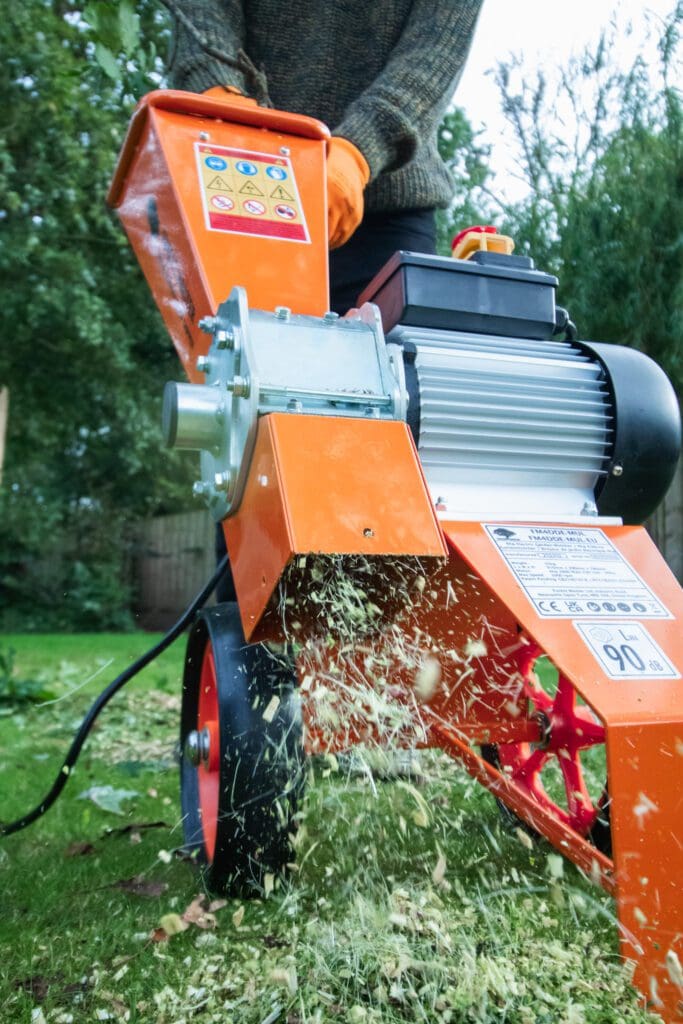
Ora che il compost è pronto, ecco come utilizzarlo in modo efficace su diverse piante:
- Verdure ed erbe aromatiche: incorporare il compost nel terreno prima della semina per fornire i nutrienti essenziali per una crescita sana. Durante la stagione di crescita, aggiungere compost in superficie per reintegrare i nutrienti del terreno.
- Piante da fiore: mescolare il compost al terreno quando si piantano piante da fiore annuali o perenni per favorire una fioritura rigogliosa. Pacciamare la base delle piante con il compost per trattenere l'umidità e impedire la crescita delle erbacce.
- Alberi da frutto e arbusti: in primavera, spargi il compost intorno alla base degli alberi da frutto e degli arbusti per stimolare la crescita e la produzione di frutti. Ripeti ogni anno per mantenere il terreno fertile.
- Prati: spargete un sottile strato di compost sul prato e rastrellatelo nell'erba per migliorare la salute del terreno e favorire una crescita rigogliosa e verde.
Ora che avete una buona comprensione del compost e dei suoi benefici, potete stare tranquilli sapendo che potete applicarlo al vostro giardino e potete anche vedere se il nostro FM4DDES-MUL può contribuire a questo quando lo vedete in azione!

